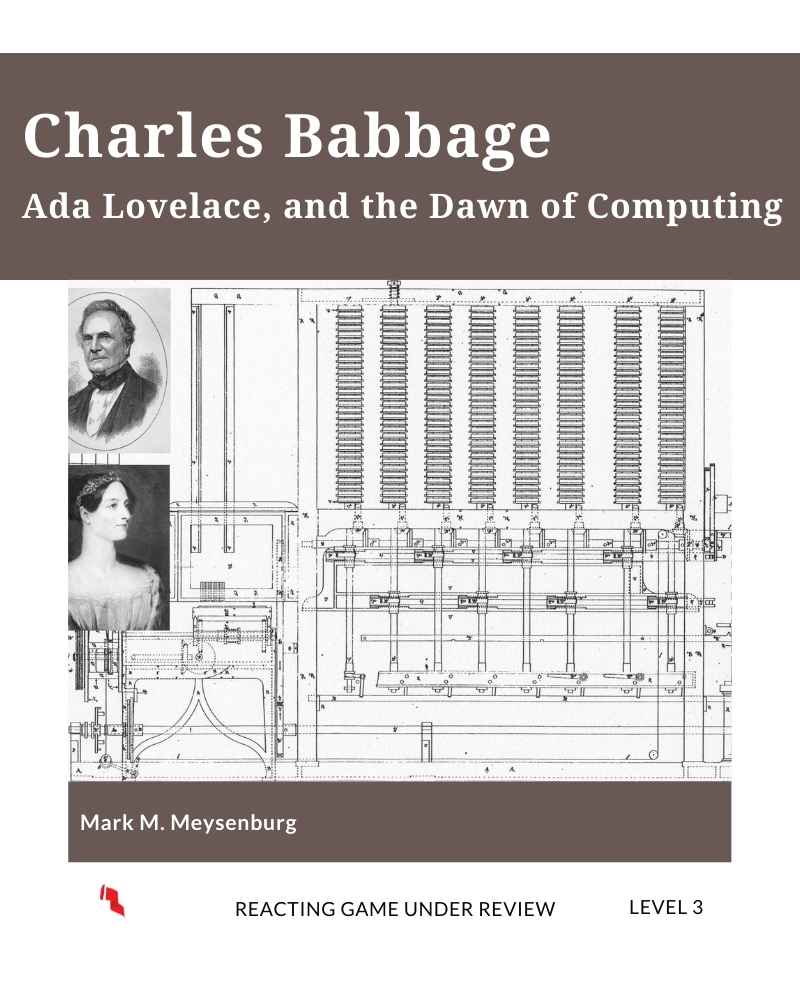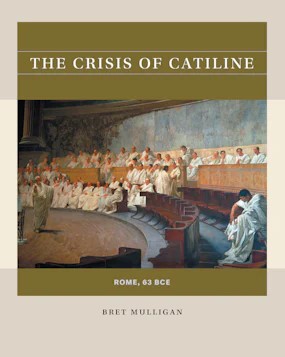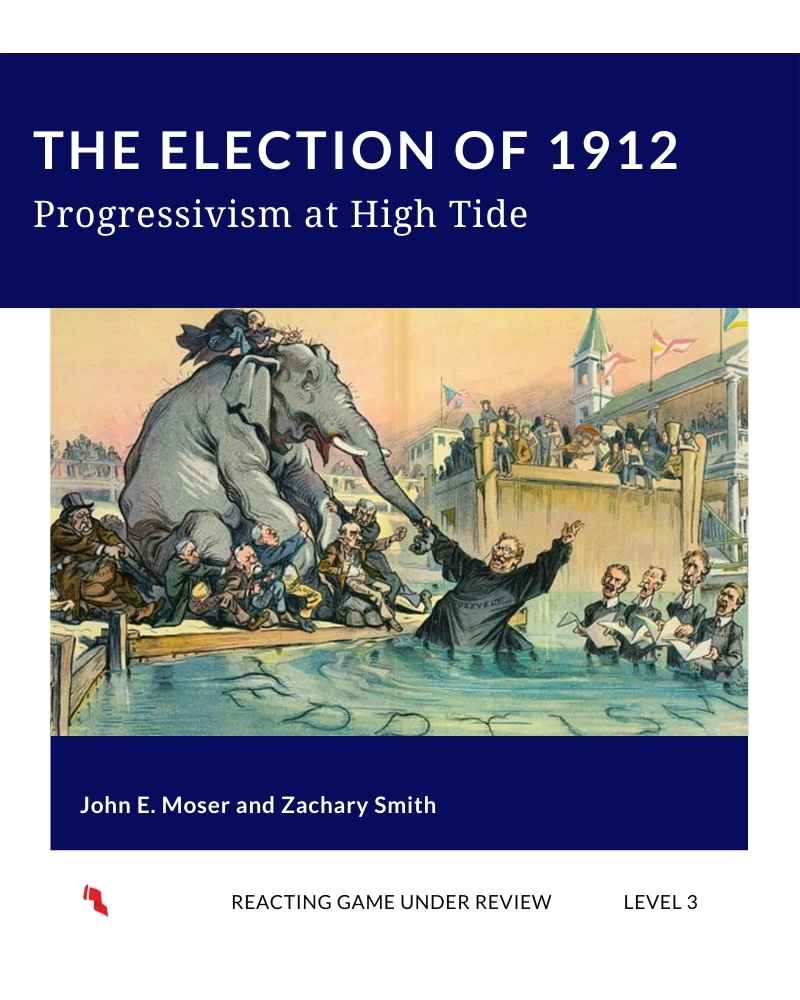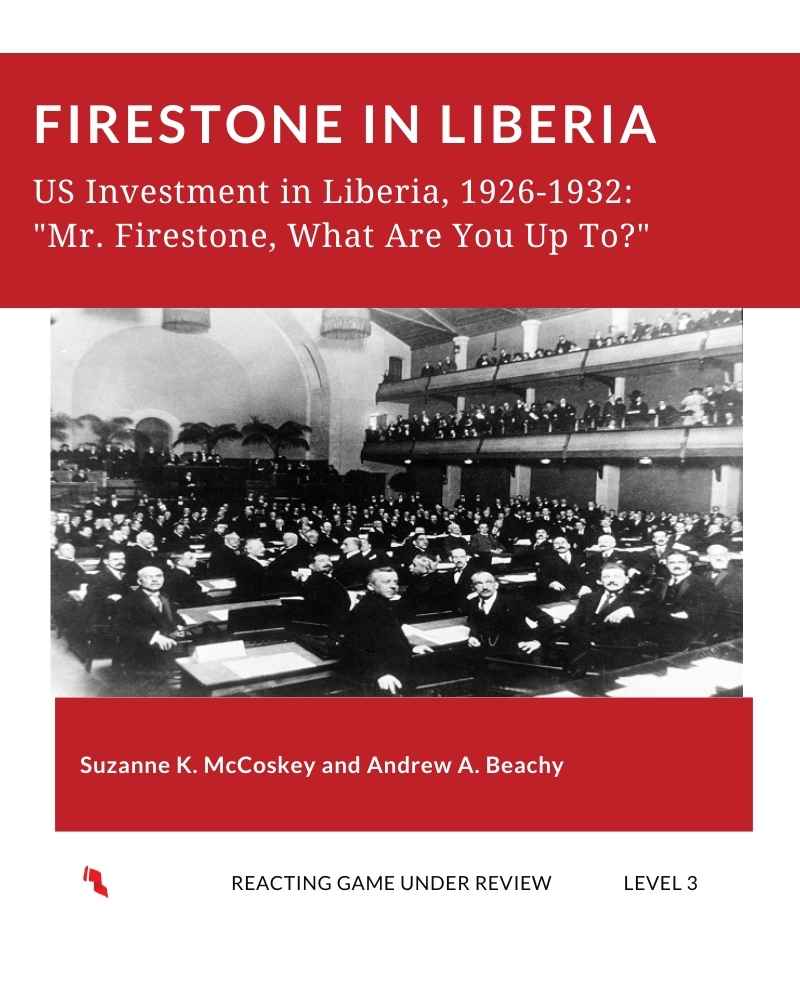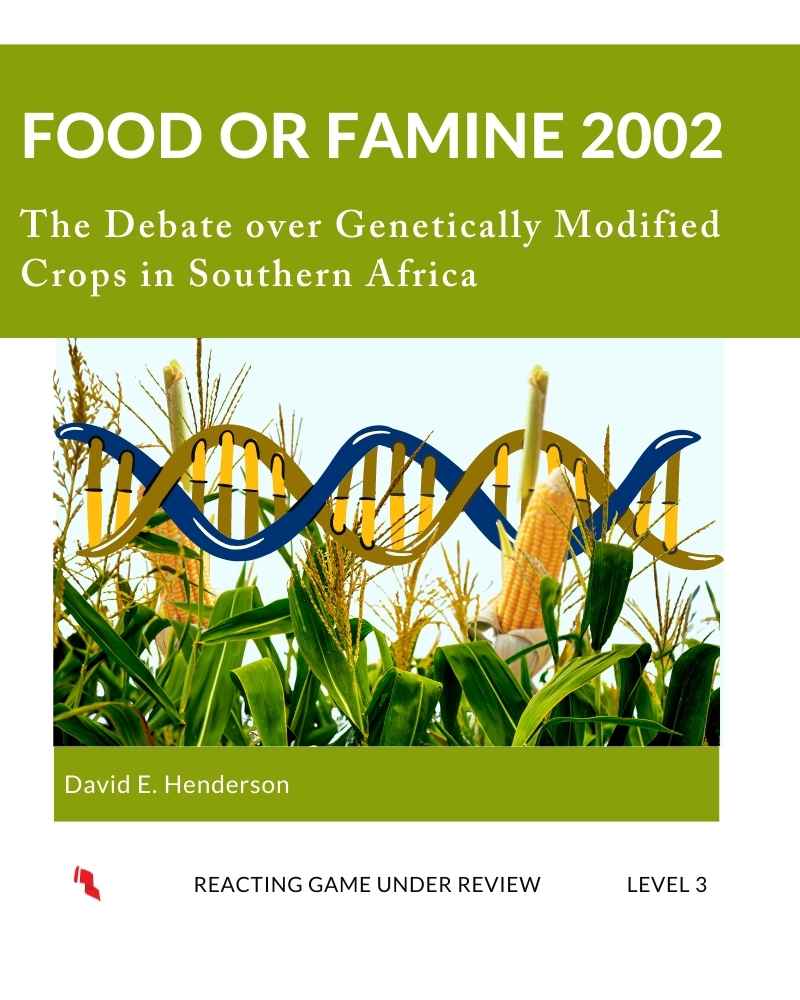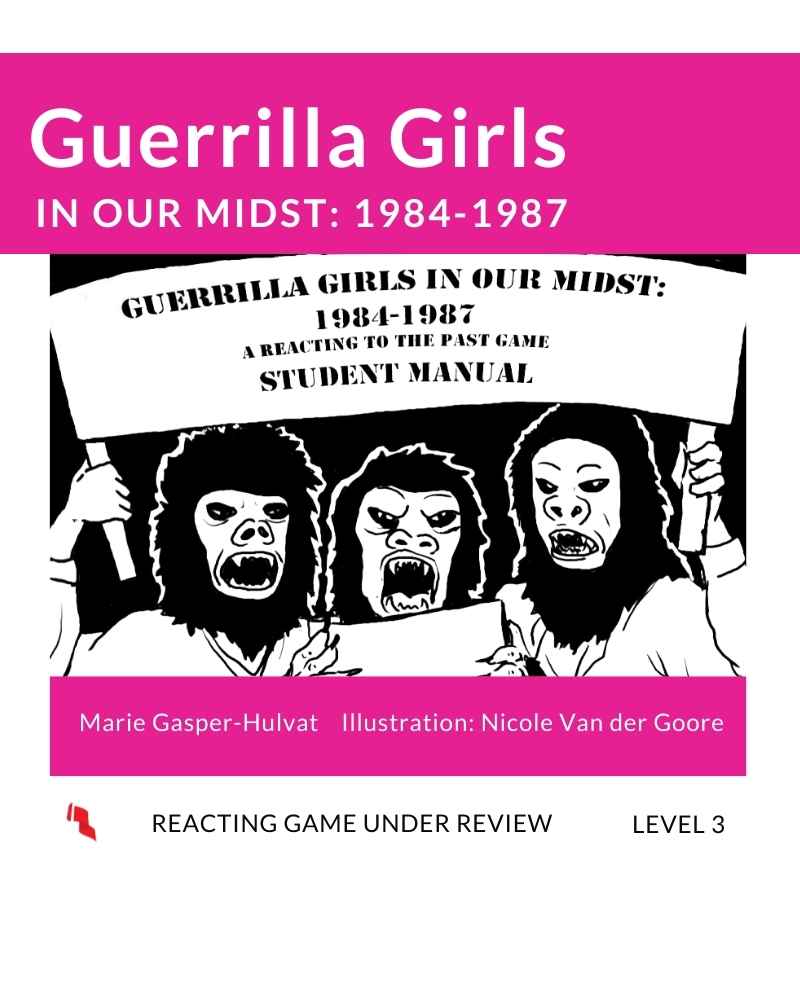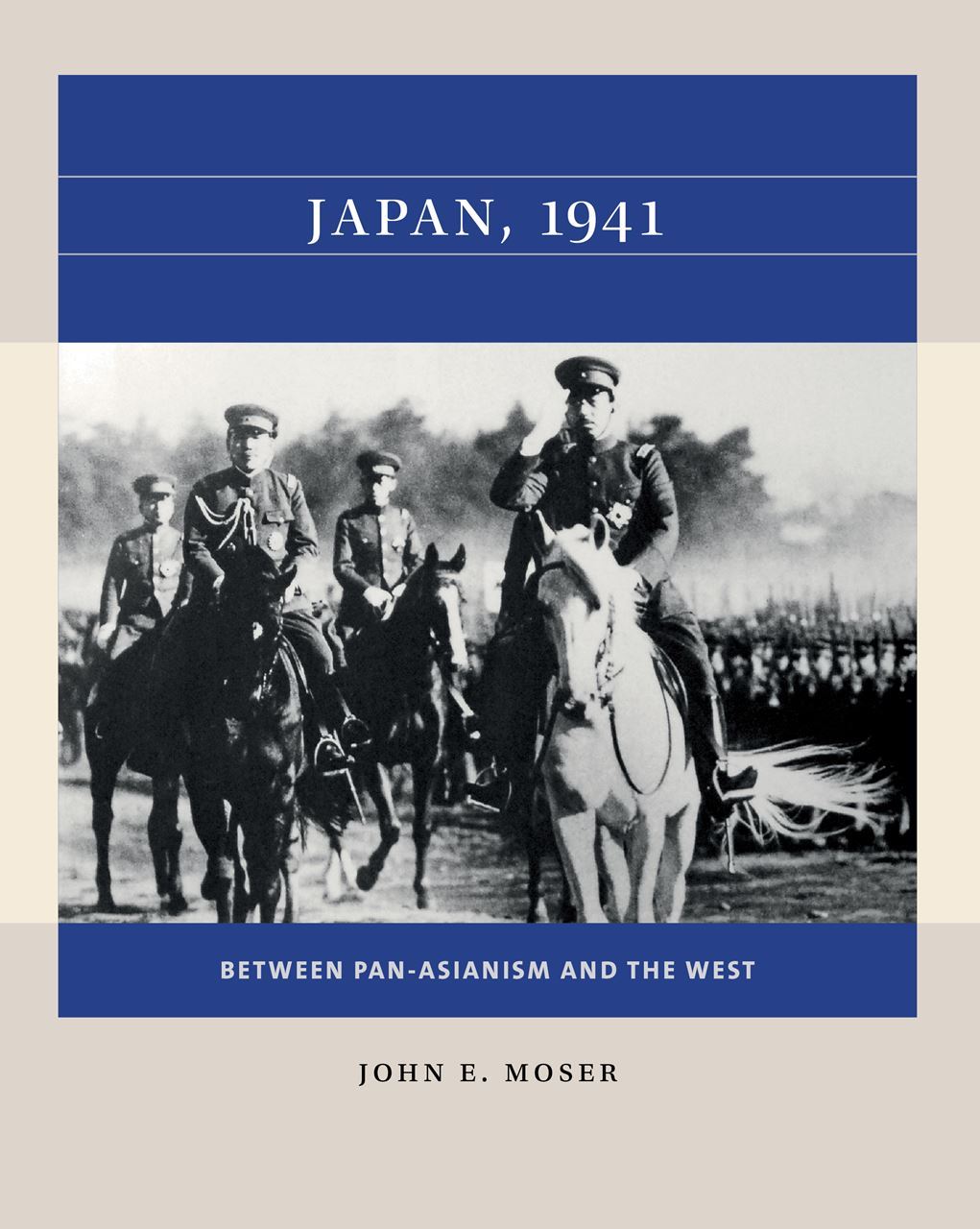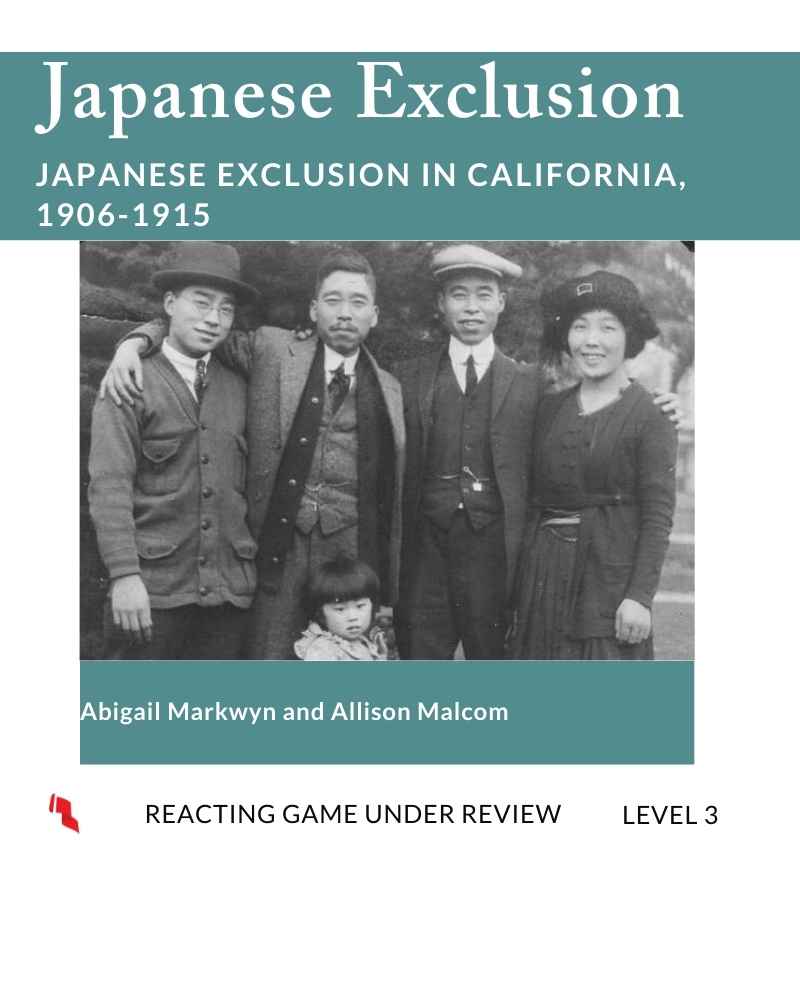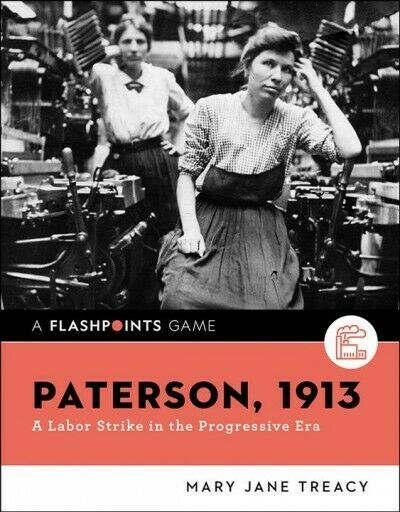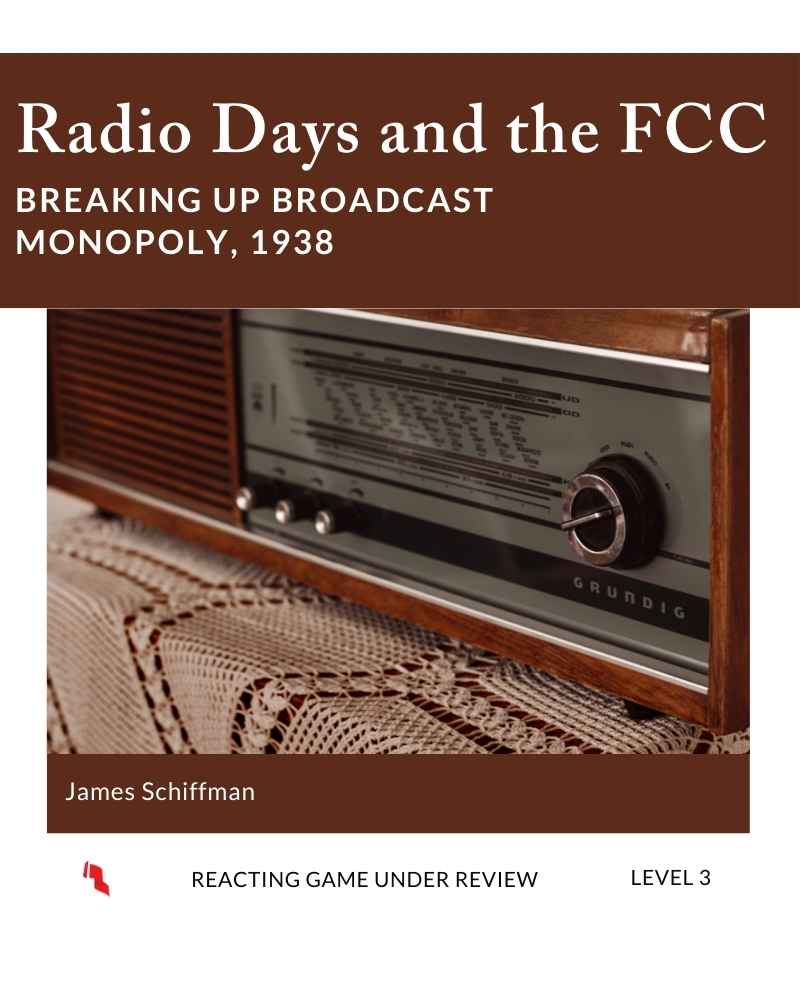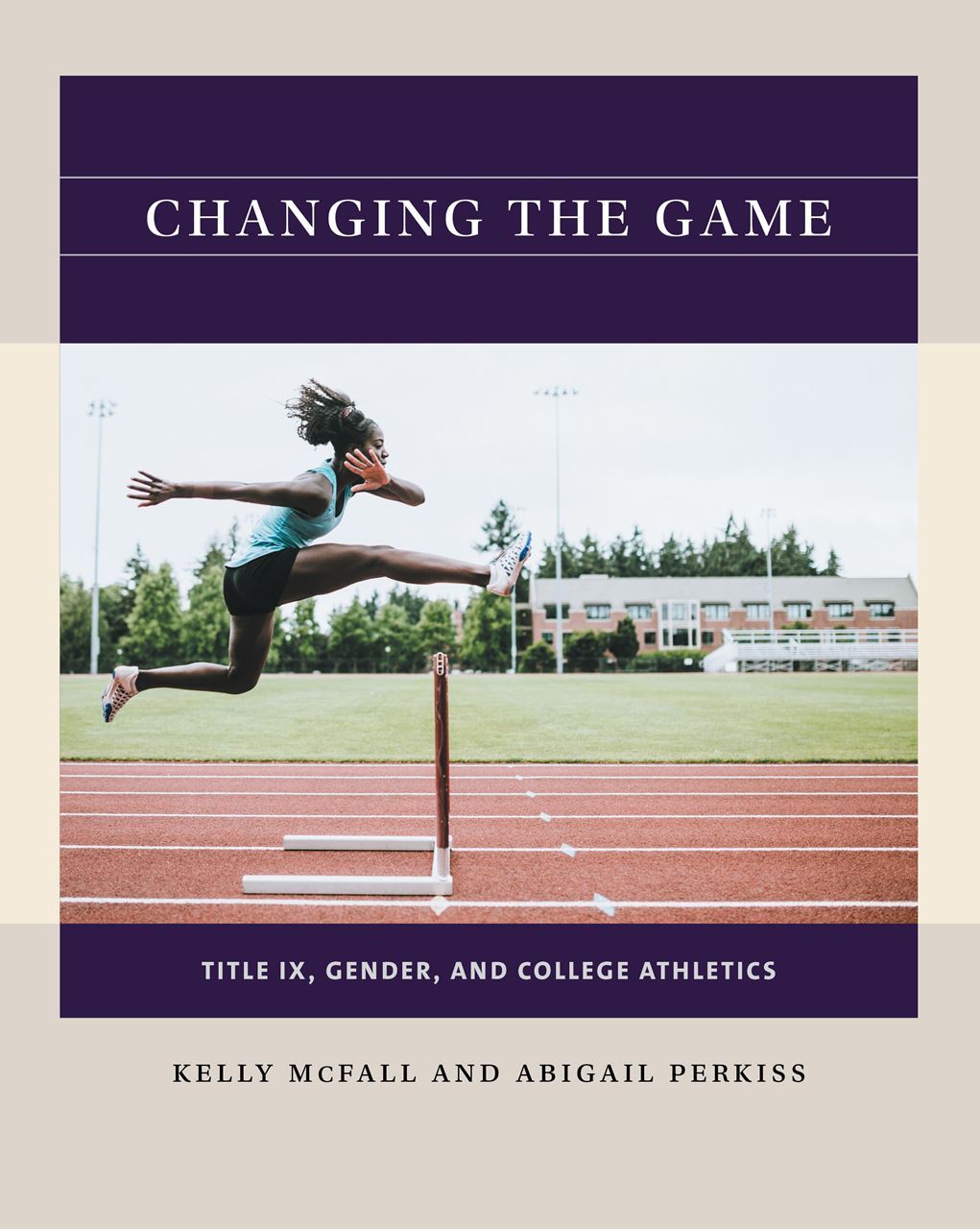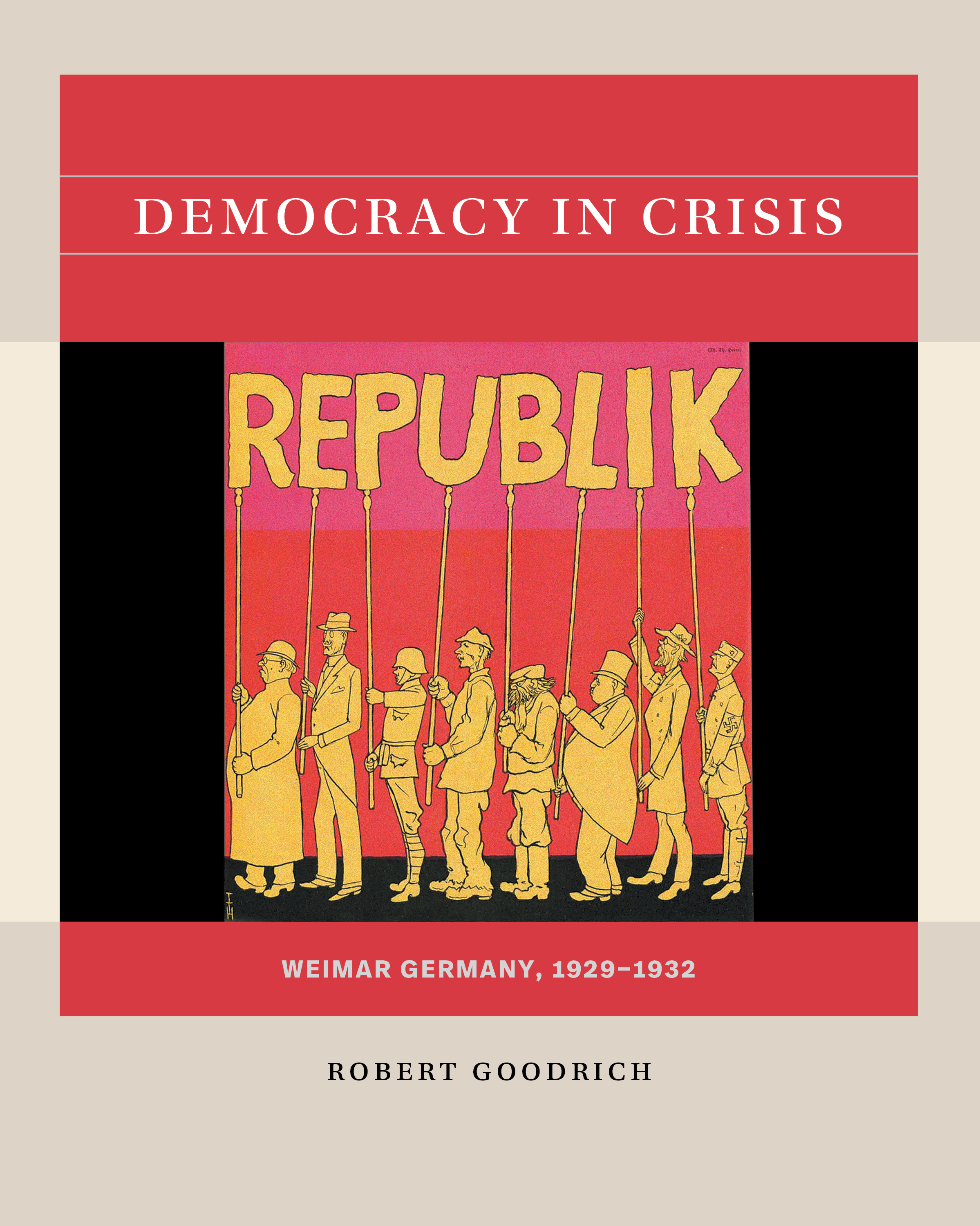ECONOMICS & LABORBrowse and find Reacting games that deal with changes to labor and economics. |
|
Charles Babbage, Ada Lovelace, and the Dawn of Computing Should Charles Babbage be awarded funds from the British government for the development of his Difference Engine and/or Analytical Engine? Intellectual collisions concern the conflict between imagination and reason, the nature of science and scientists, and whether and to what degree science and engineering projects should be subsidized by the government. 8-12 Sessions 14-25 Students 19th Century Europe Level 3 Game (What's this Mean?) |
Climate Change in Copenhagen, 2009 Covers the negotiations at the Conference of Parties 15 meeting that was attended by a large number of national leaders. Also includes representatives of non-government organizations and the press. 4-6 Sessions 12-31 Students 21st Century Europe, International Published Game (What's this Mean?) (STEM) |
The Collapse of Apartheid and the Dawn of Democracy in South Africa, 1993 Post-Apartheid South Africa is facing tremendous social anxiety and violence. A Multiparty Negotiating Process has been called with the goal of reaching consensus for a new constitution. Race, cultural, economic, and political diversity create a complex landscape for students to navigate. 8-12 Sessions 11-27 Students 19th Century Africa Published Game (What's this Mean?) |
The Crisis of Catiline: Rome, 63 BCE Rome, 63 BCE: a tumultuous year of urban and rural unrest, economic instability, sensational trials, and electoral misconduct. Rumors that Lucius Sergius Catiline is plotting to violently seize control have created a frenzy. You are a Roman senator. Can you save the Republic…and yourself? 2-8 Sessions 8-41 Students 1st Century BCE Europe Published Game (What's this Mean?) |
Egypt 1920s: Feminism, Nationalism, and Islam Egypt has gained limited independence from Great Britain and a new constitutional monarchy. But 18 months in, the new democratic mechanisms are already faltering. Furthermore, Egypt is not fully independence. Students are politicians, industrialists, feminists, reformers, and religious leaders debating whether different proposed reforms are making Egypt modern or western. 8-10 Sessions 18-33 Students 20th Century SW Asia Level 3 Game (What's this Mean?) |
"Engines of Mischief": Technology, Rebellion, and the Industrial Revolution in England, 1817-1818 Players are faced with different choices about how to live and prosper at the dawn of the Industrial Revolution. Do you resist or embrace this new technology? Players must use new economic theories, parliamentary commissions, and news reports to debate the pros and cons of factories, the role of the government in the economy, taxation, workers’ unions, and the extension of political rights down the social order. 5-13 Sessions 10-28 Students 20th Century North America Published Game (What's this Mean? |
Progressivism at High Tide: The Election of 1912 Places students in the midst of one of the most fascinating political events of U.S. history--the presidential election of 1912, in which all of the candidates described themselves as "progressive." But what did it mean to be "progressive"? Students must question the basic principles of progressivism, and how could one apply those principles into specific policy questions. 8 Sessions 13-31 Students 20th Century North America Level 3 Game (What's this Mean?) |
U.S. Investment in Liberia, 1926-1932: "Mr. Firestone, What Are You Up To?" The ambitious investment by the Firestone Tire & Rubber Company in the West African country of Liberia is at a crossroads. Recent reports of slave labor in Liberia have come to the attention of the League of Nations and US State Department and the international attention given to these reports could have a grave impact on the future of the Company. The League of Nations has investigated the labor issues in Liberia and has called witnesses to London to provide their testimony: should the future of this troubled country include a role for the US company or is it time for Firestone to leave Liberia? 6-9 Sessions 14-30 Students 20th Century Africa Level 3 Game (What's this Mean?) |
Food Fight: Challenging the USDA Food Pyramid, 1991 Set during a 1991 Congressional hearing that evaluated the USDA’s development of the Food Pyramid, a document that angered various agribusiness groups and some nutrition experts. This Open Access Reacting Game can be used in food and nutrition general education science courses and introductory chemistry and biology courses. 3-5 Sessions 11-35 Students 20th Century North America Published Game (What's this Mean?) |
Food or Famine, 2002: The Debate over Genetically Modified Crops in Southern Africa Set in an African conference at which nations facing famine are confronted with the choice between accepting genetically modified (GM) corn from the USA and the risk that they will not be able to export their agricultural products to the EU as a result or allowing people to starve. Students learn about GM foods and the controversies over their safety, both for health reasons and ecological reasons. 4-5 Sessions 6-29 Students 21st Century Africa, International Level 3 Game (What's this Mean?) (STEM) |
Greenwich Village, 1913: Suffrage, Labor, and the New Woman, Second Edition This game takes students to the beginning of the modern era when urbanization, industrialization, and massive waves of immigration were transforming the U.S. way of life. Suffragists and Labor organizers converge in Greenwich Village to debate their views with bohemians who seek personal transformations to create the new men and women of the twentieth century. Students must decide which social changes are most needed, the ideals they espouse, and the best ways to realize their goals. 8-9 Sessions 15-35 Students 20th Century North America Published Game (What's this Mean?) |
Guerrilla Girls in our Midst: 1984-1987 The booming 1980s New York City art scene saw the emergence of a feminist art collective known as the Guerrilla Girls who exposed contemporary art world sexism and racism. Major questions for debate range from whether the art world is sexist and should embrace affirmative action to whether artistic quality even matters, who gets to determine such quality, and whether one can legitimately tie quality to sincerity of expression within a postmodern world. 8-9 Sessions 10-34+ Students 20th Century North America Level 3 Game (What's this Mean?) |
Japan, 1941: Between Pan-Asianism and the West Students are thrust into the middle of Japan's strategic dilemma during the early years of World War II. Japan is in dire need of resources but risk war with Western and Soviet powers if they take them by force. Taking on the roles of leading figures in Tokyo, participants are asked to advise the emperor on how to proceed. 9-14 Sessions 12-30 Students 20th Century Asia Published Game (What's this Mean?) |
Japanese Exclusion in California, 1906-1915 In the wake of the 1906 earthquake, a progressively-minded San Francisco School Board votes to remove Japanese schoolchildren from their regular schools in order to send them to the segregated “Oriental School” in Chinatown. This event occurs against a backdrop of violent attacks on Japanese people in California. 6-12 Sessions 10-42 Students 20th Century North America Level 3 Game (What's this Mean?) |
Paterson, 1913: A Labor Strike in the Progressive Era New technologies are changing the nation's silk industry, workers are losing ground, labor organizations are offering solutions from reformist to radical. A city's economy hangs in the balance: what will happen? Can you save Paterson and its people? 3-5 Sessions 11-35 Students 20th Century North America Flashpoints (What's this Mean?) |
Radio Days and the FCC: Breaking up Broadcast Monopoly The Federal Communications Commission is holding hearings on what to do about the perceived monopoly power that the major radio networks – NBC and CBS – exercise over their affiliated stations. Game sessions involve witnesses taking testimony on a series of six questions before the Commission and culminates in a final, decisive vote that will decide the future of the radio industry. 5-13 Sessions 10-28 Students 20th Century North America Level 3 Game (What's this Mean?) |
Changing the Game: Title IX, Gender, and College Athletics A debate over the role of athletics quickly expands to encompass demands that women’s sports and athletes receive more resources and opportunities. The result is a firestorm of controversy on and off campus. Students wrestle with questions of gender parity and the place of athletics in higher education. 7-10 Sessions 10-40+ Students 20th Century North America Published Game (What's this Mean?) |
Democracy in Crisis, Weimar Germany, 1929-1932 Liberalism, nationalism, conservatism, social democracy, Christian democracy, communism, fascism, and every variant of these movements contend for power in Germany. As delegates of the Reichstag, players must contend with street fights, trade union strikes, assassinations, and insurrections, along with intense parliamentary wrangling. 8-12 Sessions 8-60+ Students 20th Century Europe Published Game (What's this Mean?) |


